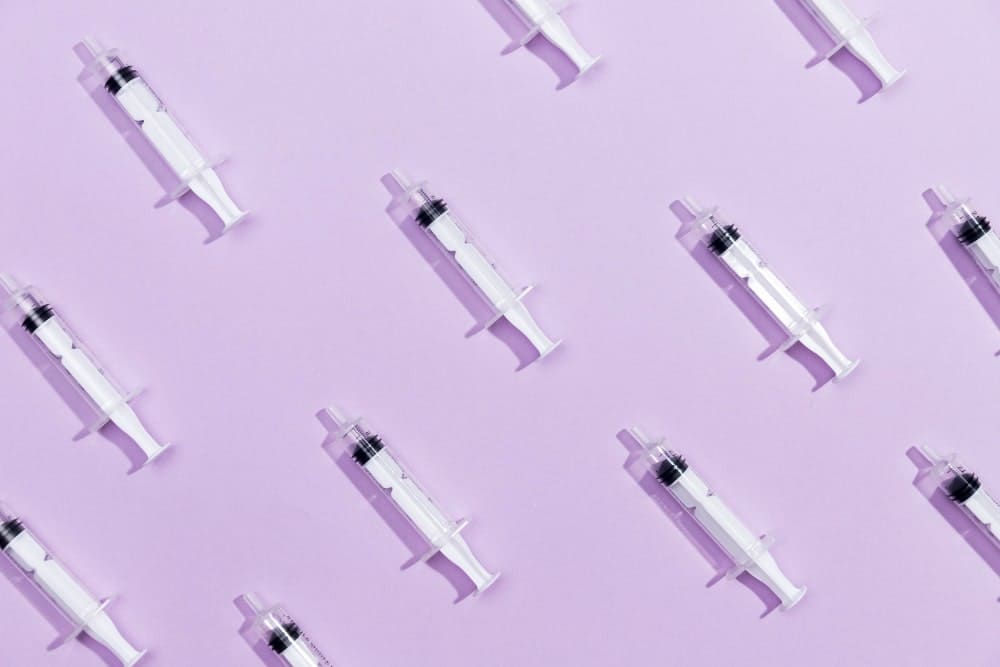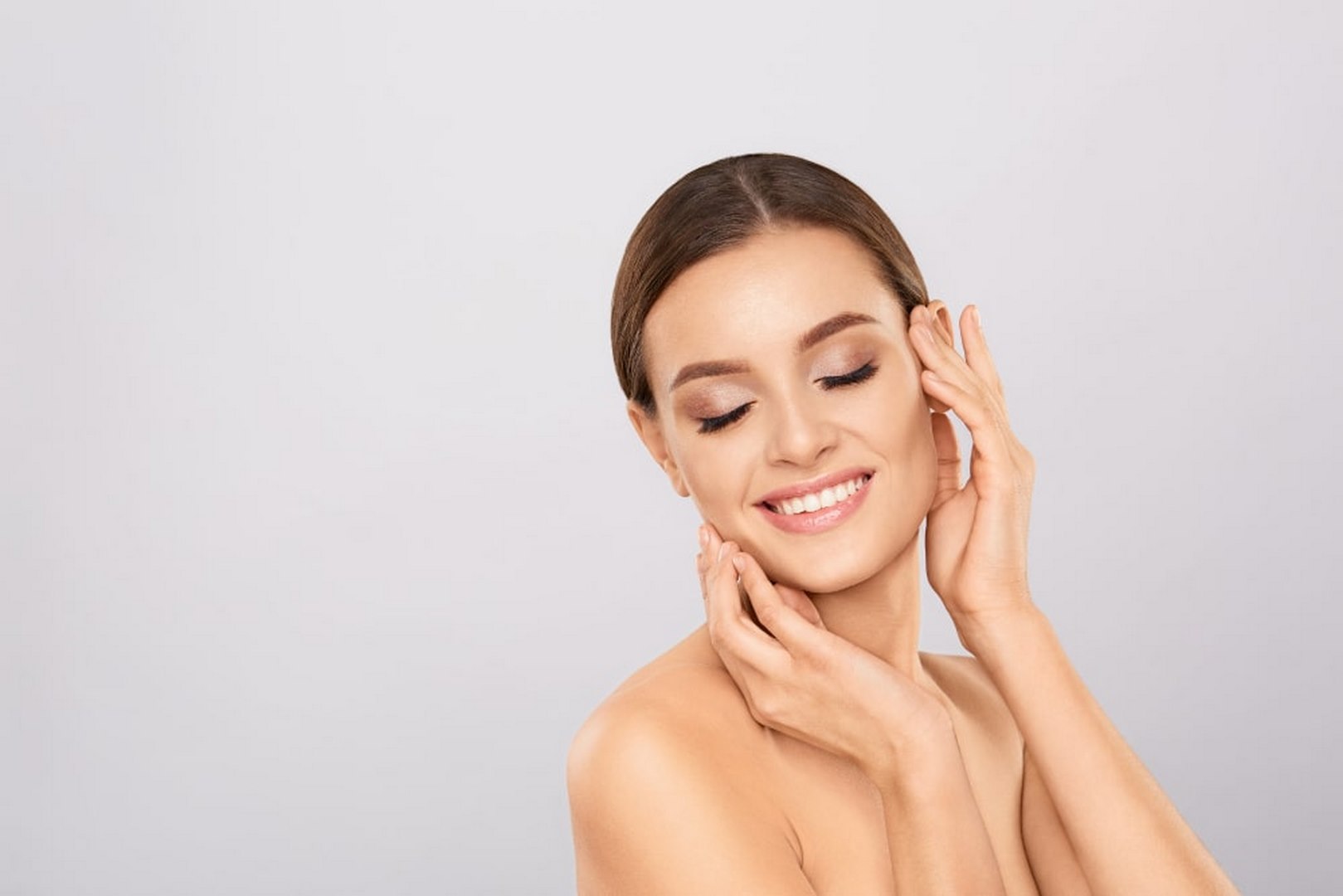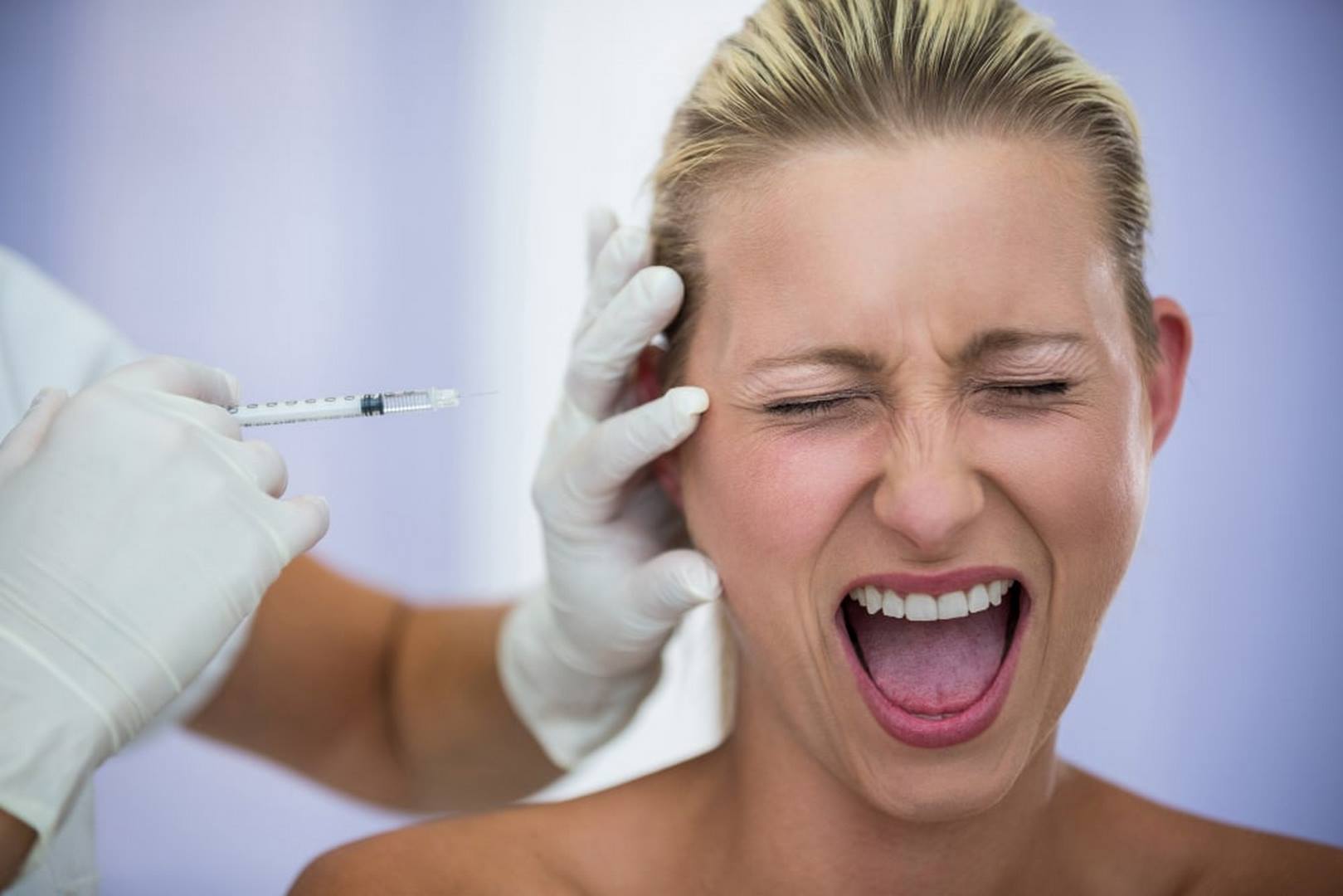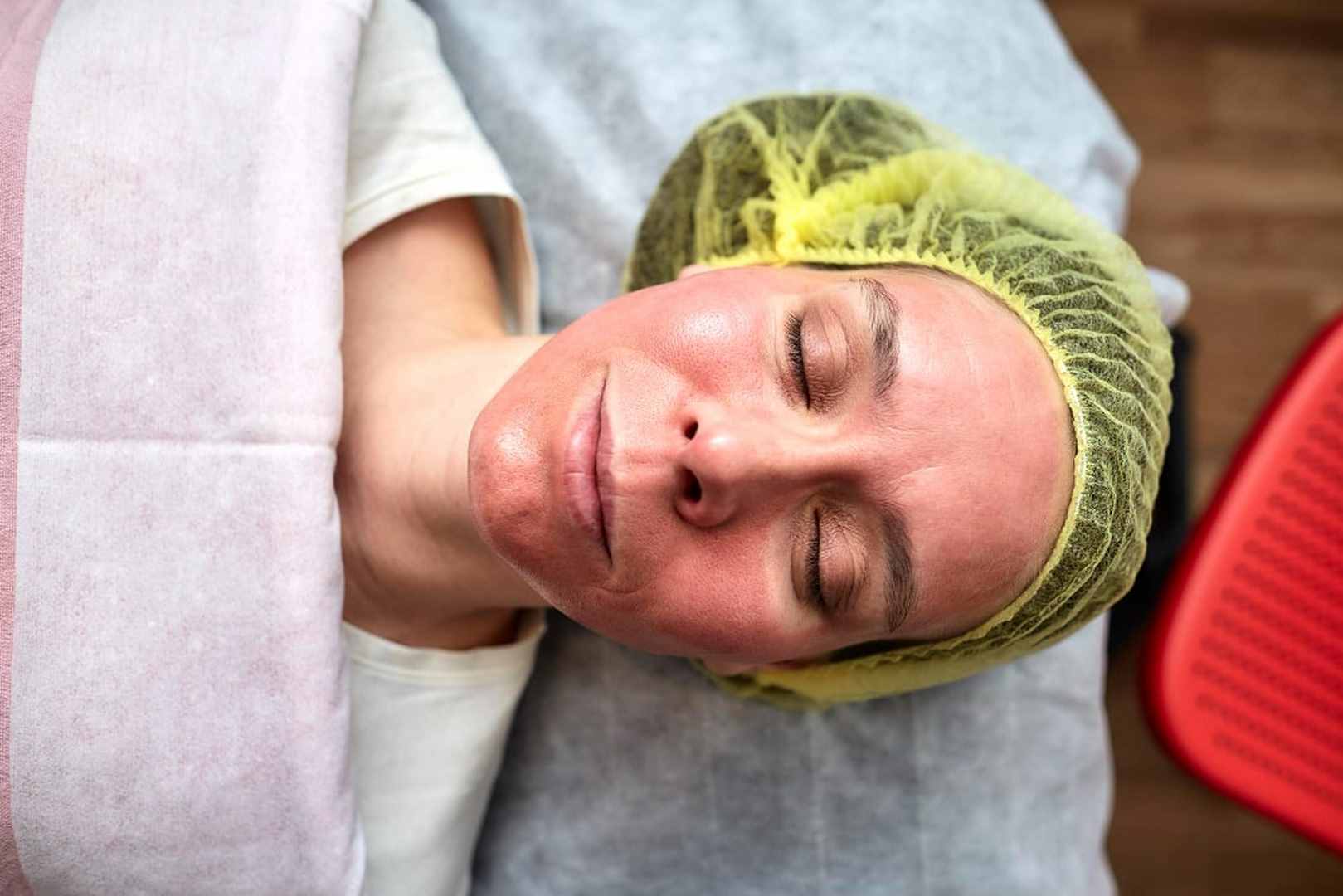Mesotherapy for hair: everything you need to know about it
One of the main attributes of beauty and youth is hair. Thick, shiny, strong! But, achieving such a head of hair is not an easy task. Many of us, regardless of gender and age, face hair loss problems. When changing shampoo, grooming procedures, and treatment by a trichologist does not help, the thought of a hair transplant arises. At the same time, recently, non-surgical methods of hair restoration have become popular, one of them is mesotherapy of the scalp.
We will tell you what hair mesotherapy is, why mesotherapy is needed, how the mesotherapy procedure takes place, and the effect of mesotherapy. But first, let’s look at the causes of hair loss.
Hair Loss Causes
The most common causes of hair loss are:
- changes in hormonal levels;
- heredity;
- diet;
- avitaminosis;
- operations;
- thyroid problems;
- infectious and chronic diseases;
- stressful situations;
- side effect of long-term use of antibiotics.
Hair extensions, dreadlocks, hair pulling with elastic bands can also cause hair loss. Frequent use of a hairdryer, curling iron, hair iron will only aggravate the existing problem.
Note that before any treatment, it is important to diagnose the disease. Trichologist, endocrinologist, the therapist will help determine the cause of hair loss, exclude or confirm the presence of any disease and, if necessary, prescribe additional studies.
The procedure of mesotherapy of the scalp is carried out by cosmetologists. The course of procedures includes at least 5-7 procedures, which are carried out once a week. The drugs are selected individually.
What is mesotherapy?
Mesotherapy is a cosmetic procedure based on superficial microinjections aimed a
t treating various problem areas of the face and body.
The procedure includes the use of mesopreparations containing pharmacological substances, amino acids, peptides, vitamins, minerals, etc.
The mesotherapy procedure was first performed in France in 1958, but only in 1987 by the French Academy of Medicine, mesotherapy was recognized as a kind of alternative medicine.
The indisputable advantage of scalp mesotherapy is that the active substances of the drug go directly to the hair follicles, and the scalp receives a powerful stimulus for healing.
Indications for the procedure:
- Alopecia;
- Seborrhea;
- Dandruff;
- Brittle hair, split ends;
- Thinning hair.
How is the mesotherapy procedure going?
The patient must come to the procedure with a clear head!
The procedure does not involve the use of an anesthetic and is considered quite painful!
- Before the procedure, the cosmetologist treats the scalp with an antiseptic solution;
- The specialist makes punctures with a depth of 1-4 millimeters (the technique and depth of injection depends on the selected drug with which the procedure is performed);
- The procedure ends with a secondary treatment of the skin with an antiseptic solution.
After the procedure, patients are advised not to wash their hair for two days and not to use varnish, dry shampoo, gels, etc.
Who shouldn’t do mesotherapy
It is forbidden to carry out mesotherapy if you have:
- Allergic reactions to any of the ingredients of the drug;
- Skin diseases and infections in the acute stage;
- Damage to the skin at the site of the intended administration of the drug;
- Taking antidepressants, steroid drugs;
- Autoimmune diseases;
- Infectious and inflammatory processes at the site of the procedure;
- Epilepsy;
- Hemophilia;
- Diseases accompanied by an increase in body temperature, colds, chronic diseases during their exacerbation;
- Pathological fear of needles;
- Pregnancy and breastfeeding.






